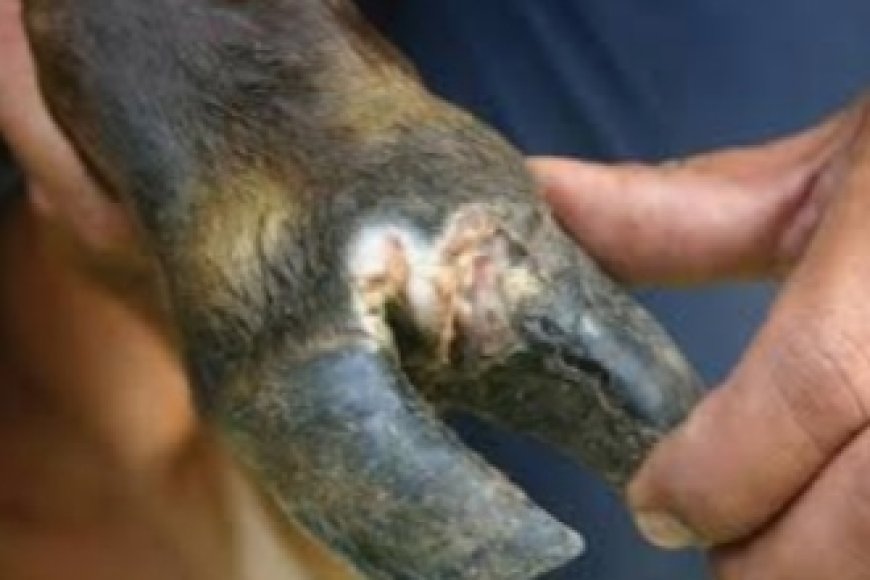County kicks off livestock vaccination exercise

Kajiado,
Thursday, November 2, 2023
KNA by Rop Janet
Livestock farmers in Kajiado County have been urged to avail their cattle, sheep and goats for vaccination against trans-boundary diseases which are common in the area especially during the rainy season.
Deputy Governor Martin Moshisho while launching the exercise Thursday, revealed that the county’s Livestock Department had embarked on a massive program to vaccinate over 250,000 head of cattle, 300,0000 sheep and goats against Foot and Mouth Disease (FMD), Lumpy Skin Disease (LSD), Blue Tongue disease, Rift Valley Fever and Peste des petits ruminants (PPR) disease.
Moshisho noted that livestock keeping was the main economic activity in Kajiado and the county government was committed to protecting the source of livelihood of its residents.
“Livestock vaccination is a key component in animal health as it ensures that trade sensitive diseases that hinder access to both local and international market are eradicated”, he said.
Moshisho revealed that Sh10 million has been set aside for the exercise to prevent the spread of diseases which are common during the onset of the rainy season.
County Executive Committee Member for Agriculture and Livestock Dr. Jackton Achola attributed uncontrolled livestock movement and low vaccination coverage to the fast spread of livestock diseases, adding that cross border livestock trade also poses a danger in the spread of livestock diseases.
He revealed that livestock officers have mapped out all areas across the county prone to the disease and they will ensure that all livestock get vaccinated.
Outbreak of livestock diseases such as Foot and Mouth, are usually common during the onset of the rains.
Foot and mouth disease is a highly contagious viral disease that affects cattle, sheep, goats and other cloven hoofed animals.
It is a viral disease that has no cure but one that can be prevented through vaccination.
The disease is endemic in Kenya and therefore the huge livestock resource can only be protected by vaccination.
It is spread through direct and indirect contact with secretions from infected animals which include milk and semen. The virus can also be spread mechanically through contaminated objects or aerosols or ingestion of contaminated feed. The virus can also enter the body through a broken skin/wound.
Symptoms include fever, blisters in the mouth and in the feet, drop in milk production, weight loss, loss of appetite and cows may develop blisters on teats. It may also result in lameness.
Courtesy; KNA
What's Your Reaction?



































































































































































































































































































